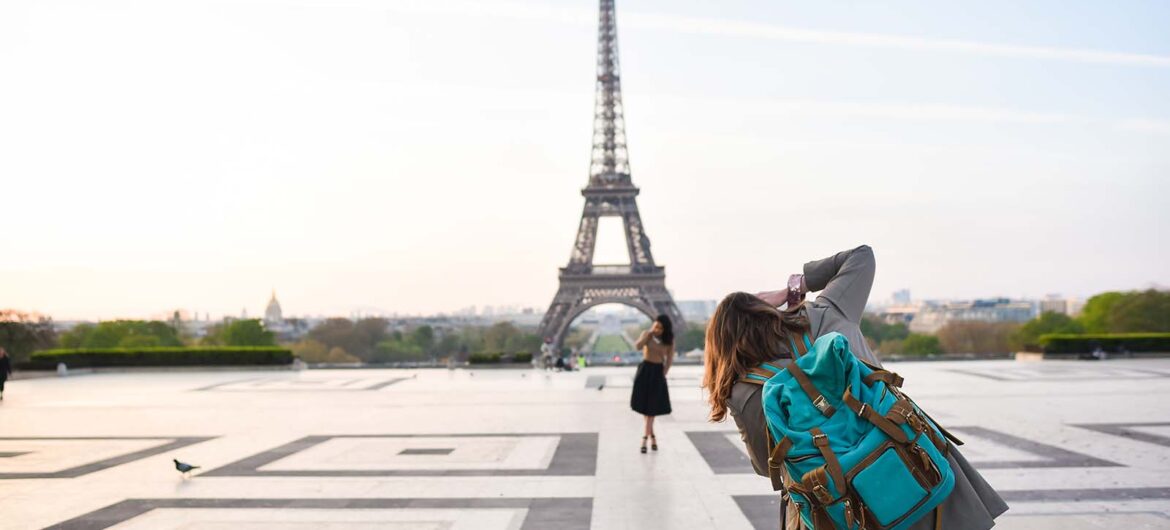First Year Journalism student Sara Collins reflects on the continuing uncertainties of travelling abroad in the wake of the unrelenting Covid-19 pandemic.
Words by Sara Collins
As I sit here in my living room, watching the light snow from the window slowly blowing in from a northerly direction, my mind drifts to my planned summer vacation to warmer climes.
I have planned a 10-day family holiday to Cyprus in July 2021, a welcome escape from the restrictions of the coronavirus lockdown.
The snowfall quickens as we look at the Airbnb villa we have booked, and we talk about swimming in the pool and lounging poolside for hours on end. Exploring the island and planning daily outings to add to the experience.
However, Cyprus has already announced it might insist on the new vaccination passport for tourist entry in the summer. Several EU countries have insinuated that they will follow suit and make vaccine passports compulsory for entry. This raises the issue of the legality of the proposed passports: in the UK it is not mandatory to have the COVID-19 vaccine, so how can other countries insist on them to allow entrance to tourists? In a television interview on the Andrew Marr show on BBC on Sunday, Mr Nadhim Zahawi, the minister for the vaccine rollout, said the vaccine passports would be “discriminatory” and the government has “no plans” to introduce them in Britain. The vaccine uptake has proven to be highly successful, with more than 11 million people in the UK having received their first dose.
According to the Omni vaccine queue calculator, given a vaccination rate of 3,115,895 a week and an uptake of 70.6%, as a 51-year-old woman in good health, I should expect to receive my first vaccine between 21/04/21 and 06/05/21, and my second dose by between 14/07/21 and 29/07/21. This would be after the proposed holiday, so where would that leave me in regard to the vaccine passport? That is assuming I decide to take up the offer of the vaccine, which I still have not fully decided yet. And with my fellow travellers all under the age of 35, being offered the vaccine later still.
According to Mr Zahawi, if countries require immunisation passports, individuals could be able to seek records from their GPs to enable future travel. He also said the focus should be on the inoculation process itself.
Greece is another country which has suggested the country could waive Covid quarantine restrictions from May for arrivals who can prove they have been vaccinated. Greece, who heavily relies on the tourist trade and is another favoured destination for my family, now seems a world away for a family who is not high up on the vaccination list. Could the vaccine passport result in fewer Britons travelling to Greece this summer? The British flock to Greece every year, as do the Germans and Russians, but their vaccine programme is lacking behind the British. Could the vaccine passport decision help to cripple its tourist economy and will other European Union members follow suit? Will the EU be given a diktat handed down by Brussels? Has this decision been as well thought through as the vaccine debacle that is currently plaguing the member states? Is this even something that will hold under international law? Will we be encouraged to pursue a vaccine-passport, almost inevitably at some expense to our group, only to find it unnecessary or irrelevant at the point of travel? So many questions are raised by this decision, only time will tell whether this proves to be another inevitability of the Covid-19 story.
The snow is falling thicker and faster now, as we discuss the possibility of travel or not this summer. It seems to become an unlikely reality now. So, what if we decide not to go. Are we covered by our travel insurance? Well, no is the simple answer. This decision is likely to be considered ‘disclination to travel’ and no refund will be offered. However, if a flight is cancelled due to Covid by the airline, then you as a traveller are entitled to rebook on another flight or a full refund.
Boris Johnson in the UK parliament stated that vaccines are not mandatory and “that’s not how we do things in the UK.” Ed Miliband, the shadow business secretary, however, suggested the vaccine passports “may be necessary” and stressed the government should be “open” to the concept.
For the first time in my life, and probably the only time, I find myself in agreement with the Tory government. The decision to have the vaccine is mine and mine alone.
The snow flurries are thicker and faster now, and the thought of a family holiday to Cyprus seems ever more distant.





